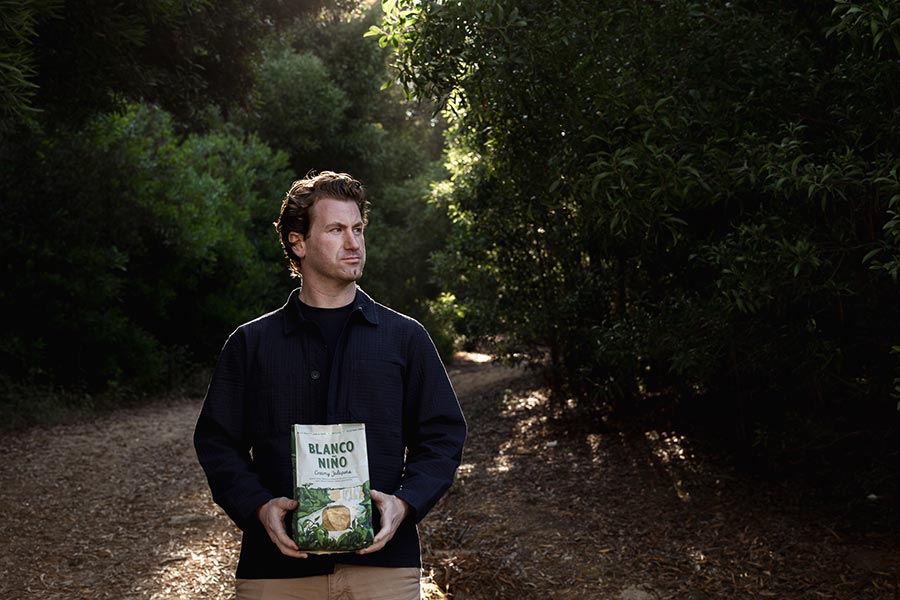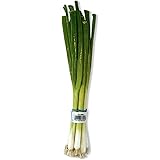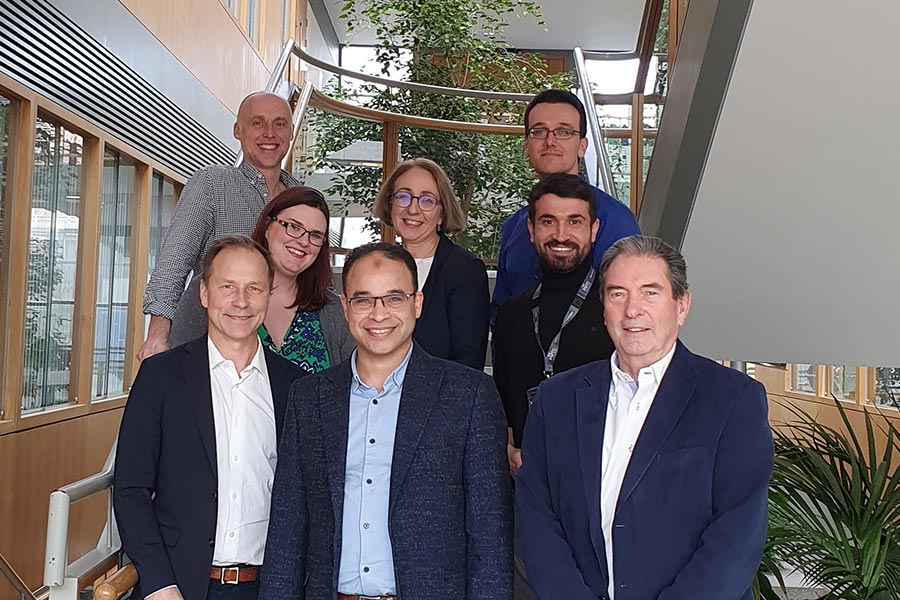How Philip Martin Cracked the Code from Busy Kitchens to Crunchy Gold with Blanco Niño Tortilla Chips—And What It Means for Your Next Big Business Move
Who would’ve guessed that a guy from north Dublin, raised on an organic farm, would pivot from running a burrito bar to revolutionizing the tortilla chip game — right in Clonmel, Co. Tipperary? Philip Martin’s journey isn’t your typical startup story. Fueled by a fierce passion for Mexican food and an obsession with getting every detail just so, he tackled what many might call a niche market with gusto and grit. It all started with one simple question: Why couldn’t the tortillas he was serving be better? What followed was a deep dive into ancient Aztec and Mayan wisdom, blending tradition with modern innovation to create Blanco Niño — a brand that’s now dispensing top-notch tortillas and chips across 19 European markets and beyond. But Martin’s vision goes far beyond taste. It’s about regenerative farming, ethical sourcing, and creating a sustainable future — proving that success and conscience aren’t mutually exclusive. Ready to crunch into the full story behind this bold leap from burritos to big business? LEARN MORE
A passion for Mexican food and perfection saw Philip Martin make a bold move from the restaurant sector into tortilla chip manufacturing. He talks to Jordan Mooney about the growth of his Tipperary-based Blanco Niño brand and the philosophy behind it
You might not think of Clonmel, Co. Tipperary, when you think of Mexican food, but thanks to Blanco Niño and its founder Philip Martin, the town has become a massive player in the world of tortilla chips.
Raised on an organic farm in north Dublin, Martin initially didn’t chase salsa success.
Calling himself as “bit of a jack of all trades”, food is his passion but business savvy and innovation are what drive him.
When Martin set up his restaurant Little Ass Burrito Bar in Dublin in 2012, he soon found himself dissatisfied with the quality of tortillas that were available.
After a trip to California and Mexico, he decided to try his hand at making his own. Surely it couldn’t be that difficult, right?
Wrong, as he soon found out.
“I really loved the idea of setting up a proper taqueria, but no one was making corn tortillas and the quality of wheat tortillas wasn’t good. The corn tortillas that were around were more suited to making not-great tortilla chips,” he says.
“I thought to myself, ‘surely these feckin’ corn tortilla things can’t be that difficult to make’. So I went back to Mexico and learned all about them,” explains Martin.
“I learned everything I could from locals. I learned how corn was grown, harvested and identified, about the process of cooking it in a big pot — known as nixtamalization — with water and calcium, which is the kind of process that civilisations like the Aztecs and the Mayans developed to turn the corn from something relatively indigestible into a nutrient-dense, ground, cooked corn that can be made into tortillas.
“After I learned all about the process, I came home and realised that making corn tortillas wouldn’t be as simple as me cooking a pot of corn in the side of the kitchen in the restaurant and then, hey presto, tacos.
“I realised I’d need to launch a tortilla factory to get off the ground, but it was just me at that stage — I didn’t have a team and I didn’t have the money I needed, so I decided to start crowdfunding.”
A brilliant marketing opportunity, crowdfunding allowed Martin to share his Blanco Niño dream with the public, many of whom knew him from the restaurant and quickly got on board with his way of thinking.
That first round ended up raising €150,000 on the Crowdcube platform, which was Ireland’s largest and most successful crowdfunding campaign at the time.
Between the campaign and funds from private equity sources, banks and grants, Martin raised around €700,000.
Shortly after that he secured his premises in Clonmel to open the Blanco Niño tortilla factory. Ultimately, €7m has been invested in the factory, with over €10m in equity raised over the years.
It became such a success that he exited the restaurant in 2018 to focus solely on Blanco Niño.
As for why a Dubliner ended up with a Mexican-inspired tortilla factory in Tipperary, he says part of the reason is that his mum is originally from Clonmel so he has an affinity for the place.
But he also knew that at these early stages, he needed to invest in his team.
“I knew that where we landed and who we surrounded ourselves with was always going to be very important.
“I was going to be on the road a lot, because I was going to be doing a lot of the sales and marketing at that stage and being in the factory beyond a certain point wasn’t going to be the most important thing for me.
“So the operations team I needed was very important, they needed to be very strong,” Martin says.
“I hired an incredibly talented man, Gerry Rafferty, as my first operations director and he lived very close to the university in Clonmel.
“We were looking for factories and the place in Clonmel was just perfect — it was immaculate and basically good to go.”
The company has since grown to include 65 staff members across production and office, with Martin stating they’re currently in a period of growth.
He’s overseeing a lot of hiring right now, as well as a factory expansion. However, when he opened the factory in 2015 — Blanco Niño has just celebrated its tenth anniversary — it was just Martin and a few others at base camp.
Initially focused on wholesale to restaurants, bars and hotels, retail was always on his mind — but that didn’t come along until much later.
“Clonmel isn’t famous for its large Latino population, but we’ve become the go-to producer across Europe for tortillas. Early doors, we started with restaurants — El Grito were our first customers and they still order almost every week — and now we’re selling across 19 European markets and into the Middle East, as well as working with large companies like Chipotle and Wahaca in the UK.
“Chipotle, particularly, has a very high standard of supply, but I was with them yesterday and they told me that we’re at a level that’s hard to compete with, even with the guys across the Americas,” Martin says.
“It doesn’t surprise me. We’ve gone to almost absurd levels in the production of the tortillas and we’ve learned everything the hardest way possible. We’ve learned through doing, as opposed to operating manuals, consultants and whatever else.”
With over €6m in revenue last year, it’s clear that Blanco Niño is doing something right. A lot of what’s good about the company comes down to its practices.
When Martin started out, he was determined that the corn for Blanco Niño’s products would be grown in Ireland.
But upon learning that it’s incredibly di cult to grow the crop here, he pivoted, becoming invested in the idea of regenerative farming. Soon that became a key tenet of Blanco Niño, in addition to product excellence.
“I got a bit burnt out and realised that business can be so extractive in nature — the larger it becomes, the more damage it can potentially do to the environment, the world, the ecosystem and so on, but it doesn’t need to be that way.
“The principles of regenerative farming and economics, they’re like commercial principles but with the equation fl ipped on its head — rather than being a force for extraction, you become a force for improvement and regeneration,” Martin says.
“The speed [at which] we’re driving towards regenerative farming excites me. I find it meaningful and when I look back later in life, it’s the kind of thing that I hope will help me to see that we did some good work and moved the needle. Maybe we brought about some change, regardless of the challenger.”
Now Blanco Niño nixtamalizes about 25 tonnes of corn a week to make the masa (corn dough) used in its tortillas and tortilla chips, with the grain coming from regenerative farms in the US and Spain.
After many years of unsuccessful negotiations, one of which involved him almost being kidnapped, Martin had to concede that importing corn from Mexico wasn’t possible. In keeping with the company’s mission, its other ingredients are all top drawer and ethically sourced.
For example, the salt used is sourced from a women-led social enterprise in Yucatán, Mexico, from which the profi ts go back to preserve the Mayan language there.
“Wherever we can integrate heritage producers, we try to. It might make things a little more complicated and people might think we’re bonkers, but I feel it’s representative in the product,” Martin says.
“We don’t take shortcuts — like our corn tortilla chips take more than three days to make, but that’s because we follow traditional methods and make them the best we can.”
The corn chips — available in lightly salted, chilli and lime, smoky chipotle, blue corn and creamy jalapeño fl avours — are award-winning.
Sold in major supermarkets across Ireland, the UK and Europe, as well as independents around the country, they were always a planned addition to the Blanco Niño range — as well as the selection of salsas that are set to arrive soon — but their debut was accelerated by the pandemic.

“We did another round of funding in 2019 in order to buy the equipment to launch the retail range, but nobody could’ve predicted what would happen in 2020.
“At one point our sales went down by 95 per cent, but it was a good time to get into retail — it saved us in many ways,” Martin says.
The tortilla chips launched to great popularity. Fully recyclable packaging was adopted in 2022.
Martin says he and the team have several new fl avours in the works. Blanco Niño has consistently performed well.
“I want to make every day as good as possible for everyone at Blanco Niño. We’re uniquely positioned as a company to add a lot of value, especially with the transition to regenerative farming. I really want to see what we can do to incentivise better farming practices and to help empower farmers more. That’s really, really important to me.”




















Post Comment